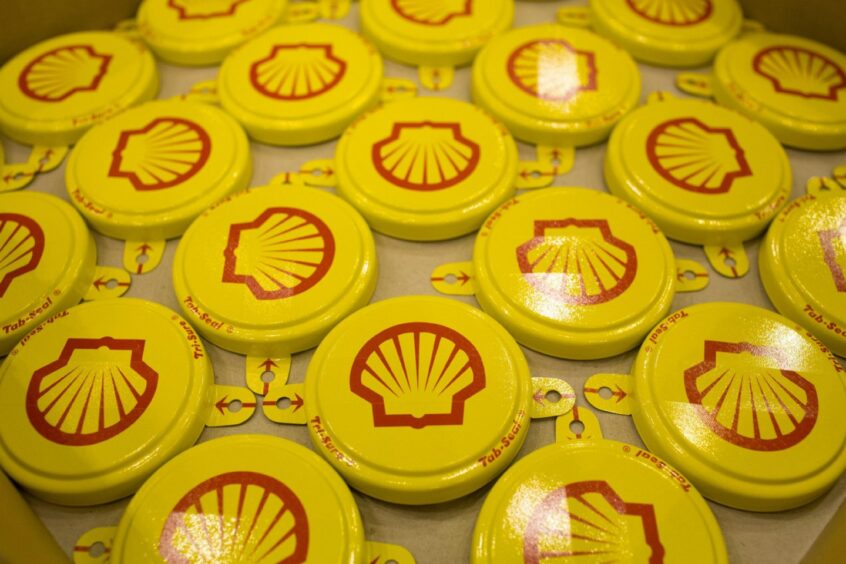
Mitsui and Shell (LON:SHEL) have signed a joint agreement to explore the technical and commercial feasibility of carbon capture and storage (CCS) in Asia Pacific, including Japan.
The collaboration will also explore the conditions and policies needed to develop CCS, and evaluate options for owning and chartering ships designed to carry liquid carbon dioxide (CO2), Mitsui said in a statement Thursday.
“Increasing the global deployment of CCS is one element of Shell’s transition to becoming a net-zero emissions energy business by 2050,” said Syrie Crouch, Vice President of Carbon Capture and Storage at Shell. “Working with companies like Mitsui, we want to help unlock the potential of CCS in Asia Pacific, including Japan. This agreement is another step in that journey and supports our ambition of having access to at least 25 million tonnes a year of CCS capacity by 2035.”
Yasuchika Maruyama, General Manager of Sustainable Energy Development Division, Energy Business Unit 1, Mitsui said: “We are pleased to explore the potential for CCS and CO2 shipping with Shell. CCS will play an important role in the region to simultaneously achieve continued economic growth and reduced emissions. Mitsui is trying to develop approximately 15 million tonnes per annum of CCS capacity by 2035. By developing CCS opportunities, Mitsui aims to continue contributing to an environmentally sustainable society.”
CCS is a combination of technologies that capture and store carbon dioxide deep underground, preventing its release into the atmosphere and offers a way to reduce emissions from sectors that are hard to decarbonise. Scenarios from the Intergovernmental Panel on Climate Change, the International Energy Association, and others indicate that CCS is critical to meeting the goal of the Paris Agreement, noted Shell and Mitsui.
In June, Shell told Energy Voice that it is upbeat about the opportunities for carbon capture and storage (CCS) in Asia Pacific, as the supermajor explores various potential storage site options across its portfolio in the region, which includes Australia, Malaysia and Brunei.
Recommended for you

